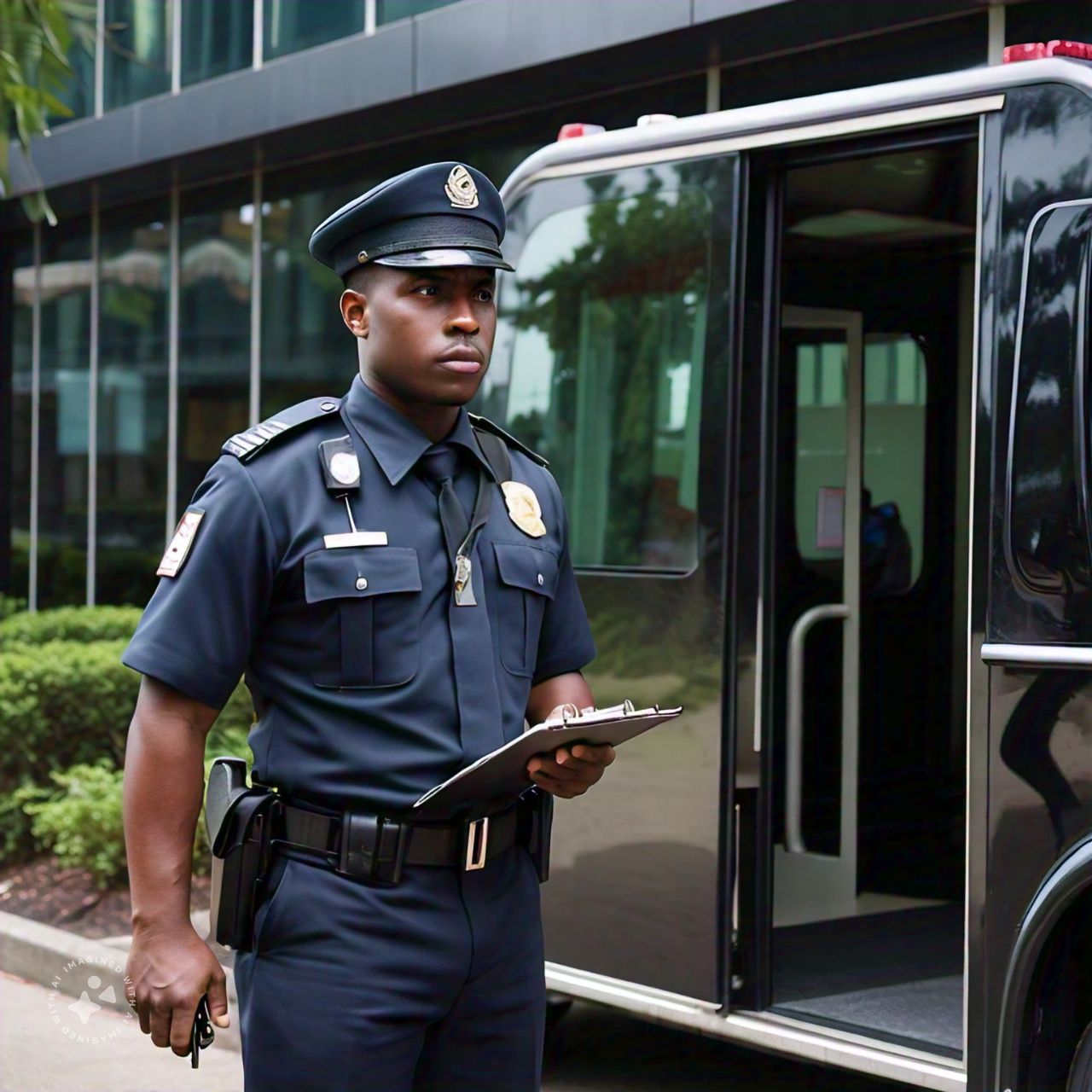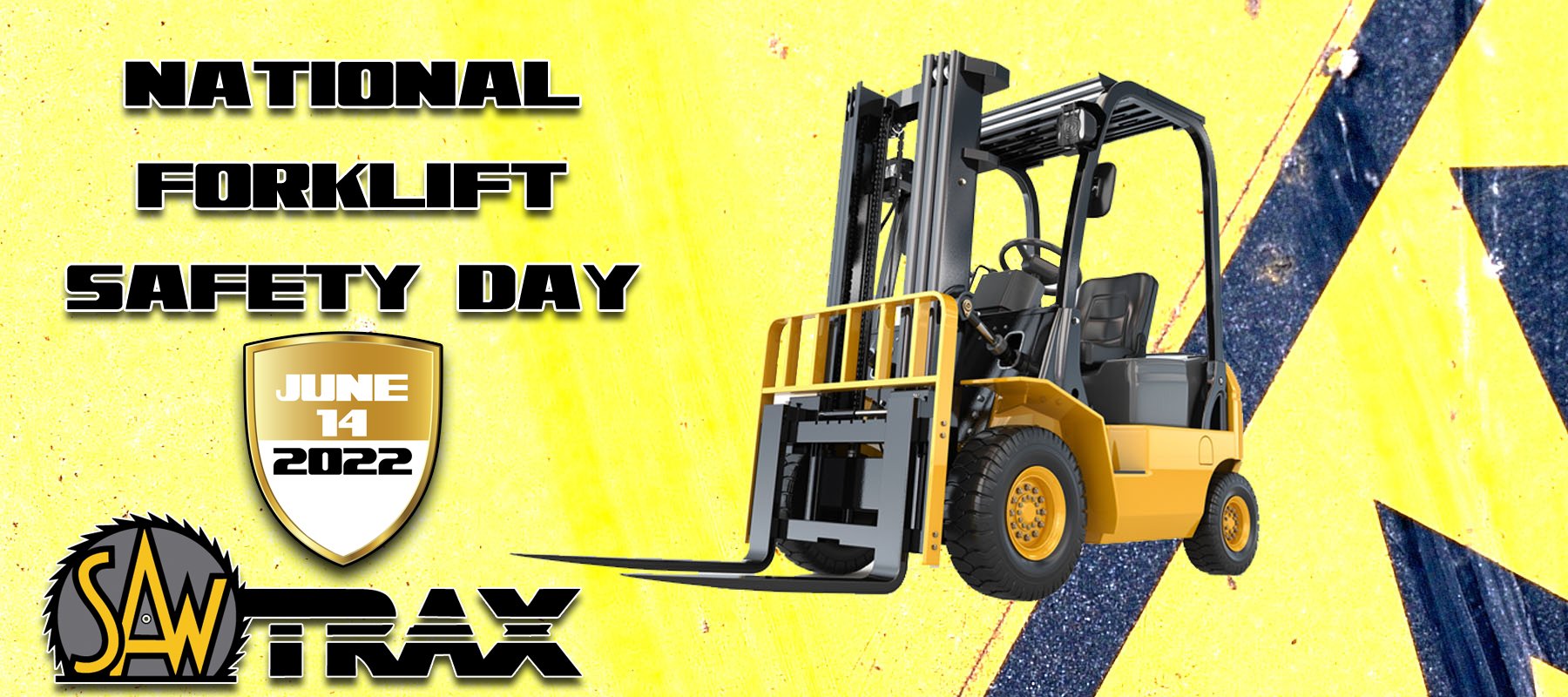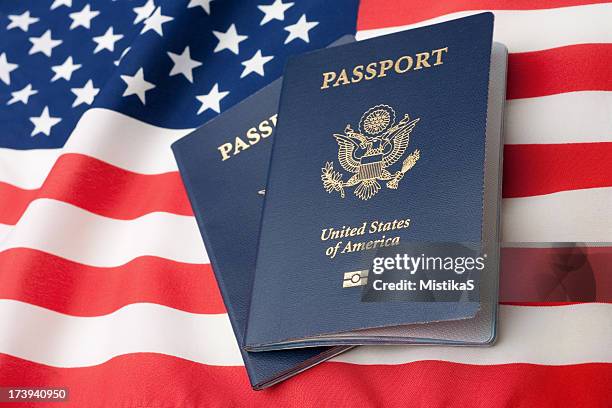
Common Challenges Faced by Security Guards in Australia
Security guards play a crucial role in safeguarding businesses, properties, and people. However, the job comes with various challenges that can affect both their efficiency and job satisfaction. In Australia, security guards face several common issues that require attention and support to ensure optimal performance. Below are some of the key challenges security guards encounter, along with potential solutions.
1. Long Working Hours and Fatigue
One of the most common challenges faced by security guards is long and often irregular working hours. Many security roles, especially for static security guards, require shifts that last overnight or over extended periods, leading to physical and mental fatigue. Guards are expected to remain alert and vigilant, which can be difficult when dealing with exhaustion.
Solution: Regular breaks and a proper shift rotation system can help manage fatigue. Additionally, providing access to fitness programs and stress-relief activities can improve overall well-being and alertness.
2. Dealing with Threats and Unpredictable Situations
Security guards must always be prepared to face potential threats, whether from intruders, aggressive individuals, or emergency situations. This unpredictability can be stressful and requires guards to maintain a high level of mental readiness. In some cases, guards may encounter violence, making the job even more challenging.
Solution: Regular training in conflict resolution and crisis management is essential for security personnel. Learning de-escalation techniques and self-defense can empower guards to handle such situations more confidently. Access to advanced security technologies, like drones and AI-assisted surveillance, can also improve situational awareness, reducing the risk of dangerous incidents.
3. Technological Challenges
As security becomes more dependent on technology, guards must stay updated on the latest tools, software, and equipment. The use of mobile apps, remote monitoring, and access control systems has become standard in the industry. While these tools enhance efficiency, they also require a steep learning curve, especially for guards who are not tech-savvy.
Solution: Continuous training programs focused on technology usage can help guards stay proficient. Security companies should prioritize tech literacy by offering workshops and tutorials, ensuring their staff are comfortable using digital tools like GPS tracking, mobile patrol apps, and video surveillance systems.
4. Inadequate Support and Backup
Security guards often work alone or with minimal backup, making it difficult to respond to incidents that require more than one person. Whether stationed at a remote site or patrolling a large area, a lack of immediate support can leave guards feeling vulnerable and unprepared to manage serious security breaches.
Solution: Establishing better communication systems, such as real-time communication tools and emergency backup protocols, is vital. Furthermore, integrating mobile patrol security into security operations ensures that additional assistance can be deployed quickly when needed.
5. Maintaining Professionalism in Difficult Situations
Security guards are often required to interact with a wide variety of individuals, including the public, clients, and employees. Some encounters can be difficult or confrontational, and maintaining professionalism under pressure is a significant challenge. Poor behavior from security personnel can damage the reputation of the company they represent.
Solution: Ongoing training in communication, customer service, and conflict resolution can help security guards remain calm and professional, even in high-stress situations. Additionally, establishing clear protocols for handling confrontations can improve overall performance and ensure that guards represent their companies well.
6. Low Pay and Job Satisfaction
In many cases, security guards are underpaid given the risks and responsibilities involved in their roles. This can lead to low morale, high turnover, and reduced job satisfaction. Additionally, the lack of career progression opportunities in the security industry contributes to feelings of stagnation.
Solution: Improving wages and offering career development opportunities can greatly enhance job satisfaction. Employers should invest in their staff by offering additional training, promotions, and recognition programs. Encouraging guards to expand their skills through certifications in areas like cybersecurity or specialized security training can also create pathways for advancement.
7. Physical and Mental Health Struggles
The demanding nature of the job, long hours, and the need to remain vigilant can take a toll on both the physical and mental health of security guards. Stress, anxiety, and even depression are common issues in the security industry, particularly when guards are required to work in isolated or high-risk environments.
Solution: Providing access to mental health resources, fitness programs, and wellness initiatives can help mitigate these health challenges. Companies should encourage guards to take advantage of available support systems and foster a work culture that prioritizes their well-being.
8. Legal Responsibilities and Liabilities
Security guards are responsible for maintaining the safety of people and property, but they must also operate within legal constraints. A lack of understanding of the laws and regulations governing their role can lead to potential legal issues, especially when it comes to handling suspects, using force, or managing sensitive situations.
Solution: Ensuring that guards receive regular legal training is essential for reducing liability risks. Knowledge of local regulations and how they apply to security operations can prevent misunderstandings and ensure that guards act lawfully and appropriately in all situations.
9. Communication Barriers
Clear communication is vital in any security operation. However, guards often face language barriers, cultural differences, or unclear instructions from clients or supervisors, which can hinder their ability to perform their duties effectively.
Solution: Providing language training and offering communication tools, such as translation apps or multilingual support systems, can help overcome these barriers. Additionally, standardizing communication protocols across teams can improve clarity and efficiency.
10. Public Perception and Lack of Respect
In some cases, security guards may encounter a lack of respect or recognition for the work they do. Misunderstandings about the importance of security roles can lead to dismissive attitudes from the public or even clients. This lack of respect can affect morale and job satisfaction.
Solution: Public awareness campaigns that highlight the importance of security professionals and the risks they take can improve the perception of the industry. Additionally, companies should ensure that their guards are treated with respect and given proper recognition for their efforts.


